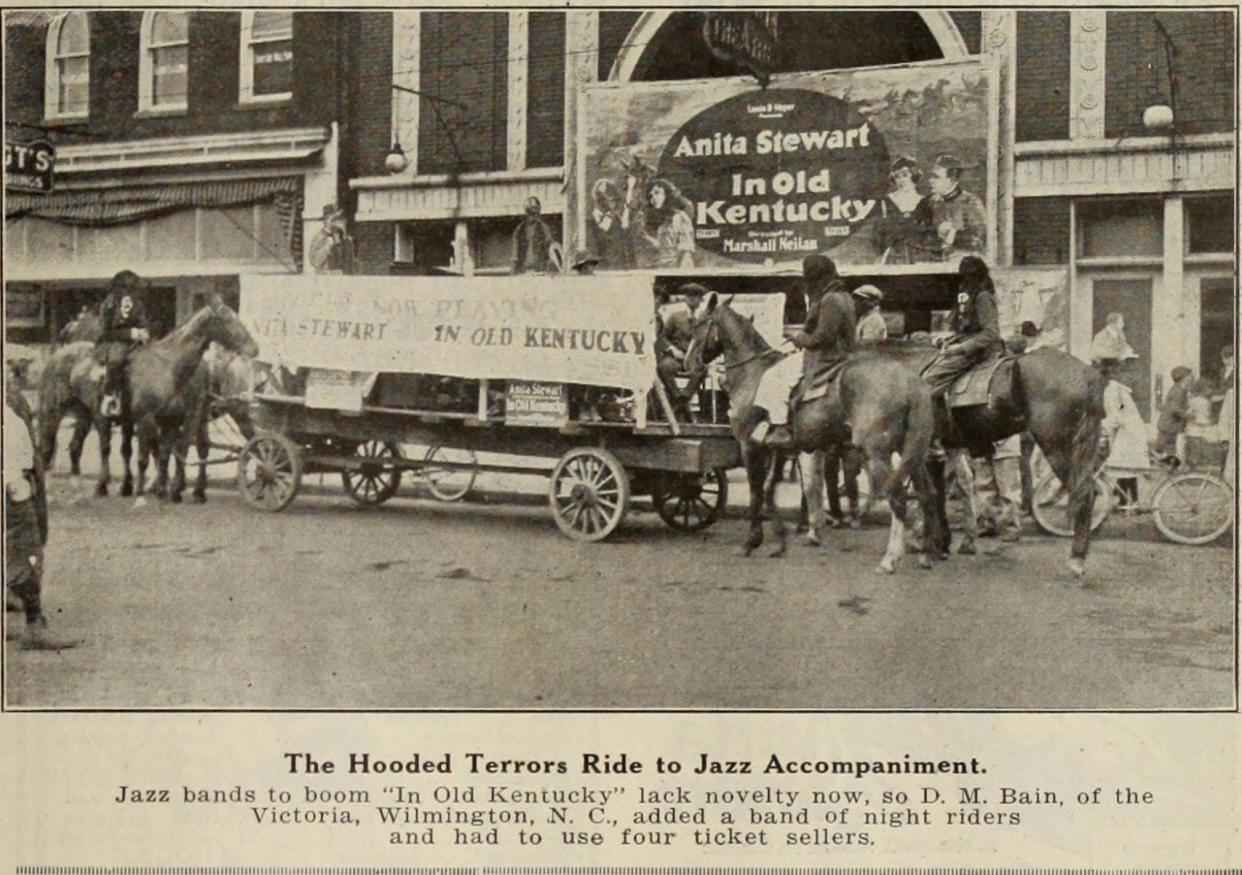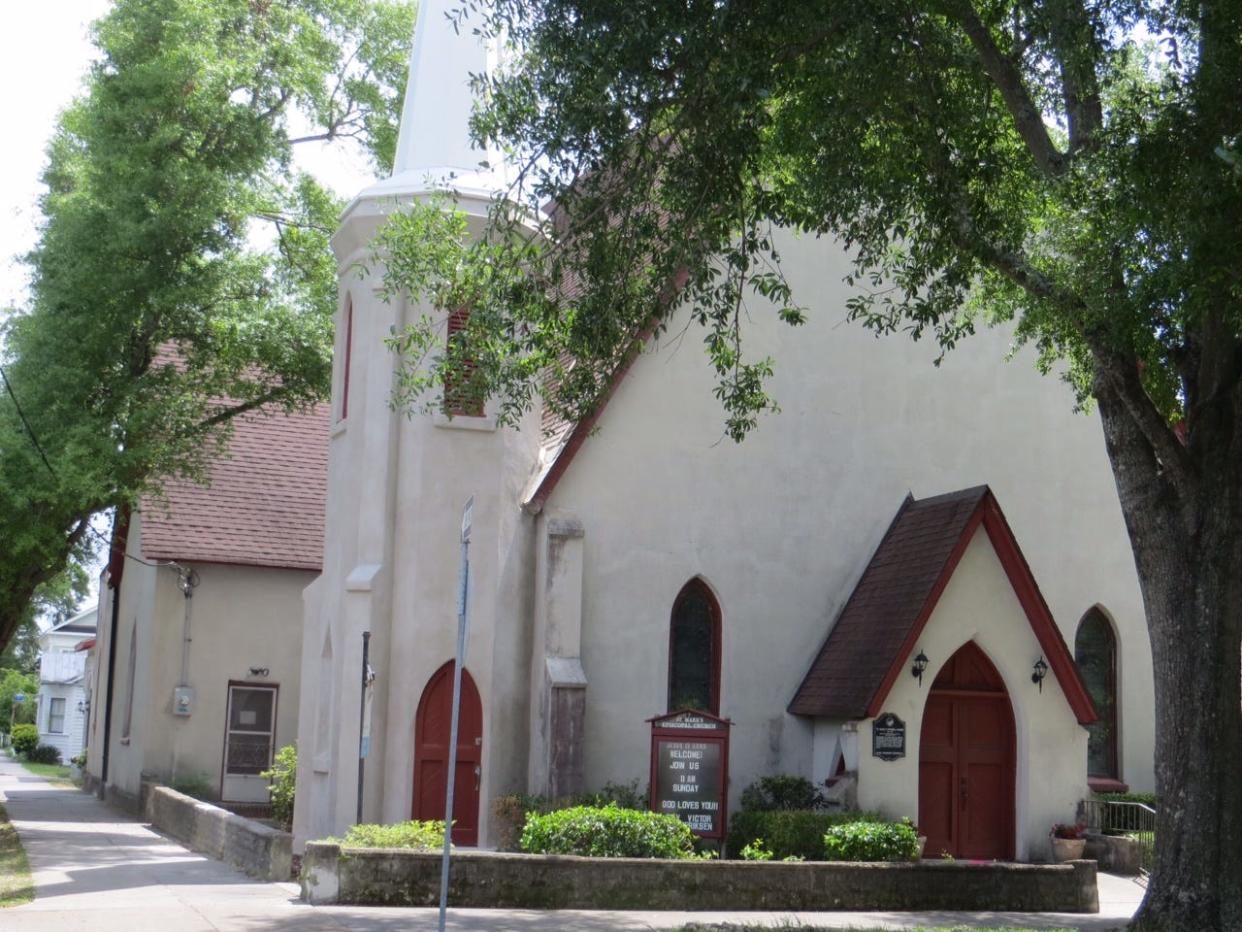Writer unearths century-old tale of Black Wilmington musician who went on to fame in NYC

The history of Wilmington's white residents is pretty well documented.
To find out about the lives of Black people who lived in Wilmington 100 years ago or more, however, you have to do some digging. And that's exactly what Wilmington-based writer John Jeremiah Sullivan did to unearth the story of Arthur Eugene Nixon, a Wilmington native and composer who went on to have a long music career in New York City.
Sullivan has written for such publications as The New York Times Magazine and The New Yorker. Last September, The Oxford American published his story on Nixon.
He found Nixon, Sullivan writes, while searching for a (since-determined to be lost) print of the 1919 silent movie "In Old Kentucky," which supposedly had one of the first jazz performances ever committed to film.
In the course of that search, Sullivan ran across a picture taken in Wilmington from the April 3, 1920, issue of a publication called Moving Picture World. The picture was taken in front of the old Victoria Theater, which was at the northwest corner of Second and Market streets, next to where Slice of Life Pizzeria is today.
Essentially, theater promoter D.M. Bain used "a band of masked night riders" (a Klan-like vigilante group depicted in the movie) accompanied by "a local negro band of more than usual ability" to drum up business for the film on downtown street corners.
According to Sullivan's research, "There was only one jazz band operating in Wilmington in the spring of 1920, or at least only one that has left textual traces."
That band would be The Silver Bell Orchestra, or Nixon's Silver-Bell Jazz Orchestra, advertisements for which Sullivan found in the old Wilmington Morning Star, a predecessor of today's StarNews.

Sullivan eventually traced Nixon, who was born in 1889, to St. Mark's Episcopal Church, which is still at Sixth and Grace streets, and found that he was the choir master there. Sullivan also found an ad for a show Nixon had written, "The Bachelors," "a musical comedy in three acts," which was performed in 1914 at the old Brooklyn Theater, which was at Fourth and Davis Streets.
The Nixons were an influential Black family in Wilmington, Sullivan writes, and Nixon Street was named for Arthur's father, John Nixon.
In 1923, Nixon and his wife, Marion, moved to Harlem in New York, where he "became Prof. A. E. Nixon, a figure of real artistic importance," Sullivan writes. He started Nixon's Music School, which was active at least into the 1950s, with the Nixon choir performing regularly at Black cultural events.
Nixon's 1929 sacred cantata "The Nativity" was performed at six New York churches in 1929, Sullivan has found, and in 1952 and ’53 he directed sizable choirs at Carnegie Hall to rapturous reviews.
A 1947 concert celebrating his 50-year "golden jubilee" of a music career, Sullivan writes, means that Nixon traced that career to 1897, "When the Rev. Robert Bennett had directed him as a boy soprano in the St. Mark’s choir" in Wilmington.
Nixon's story is important, Sullivan writes, because "the history of jazz in Wilmington is sketchily documented … The infamous racial massacre and coup d’état that took place here in 1898 … opened a great crack of cultural disruption in Wilmington’s memory of itself, and all sorts of stories have fallen into it."
This article originally appeared on Wilmington StarNews: John Jeremiah Sullivan finds lost history of Black Wilmington musician
